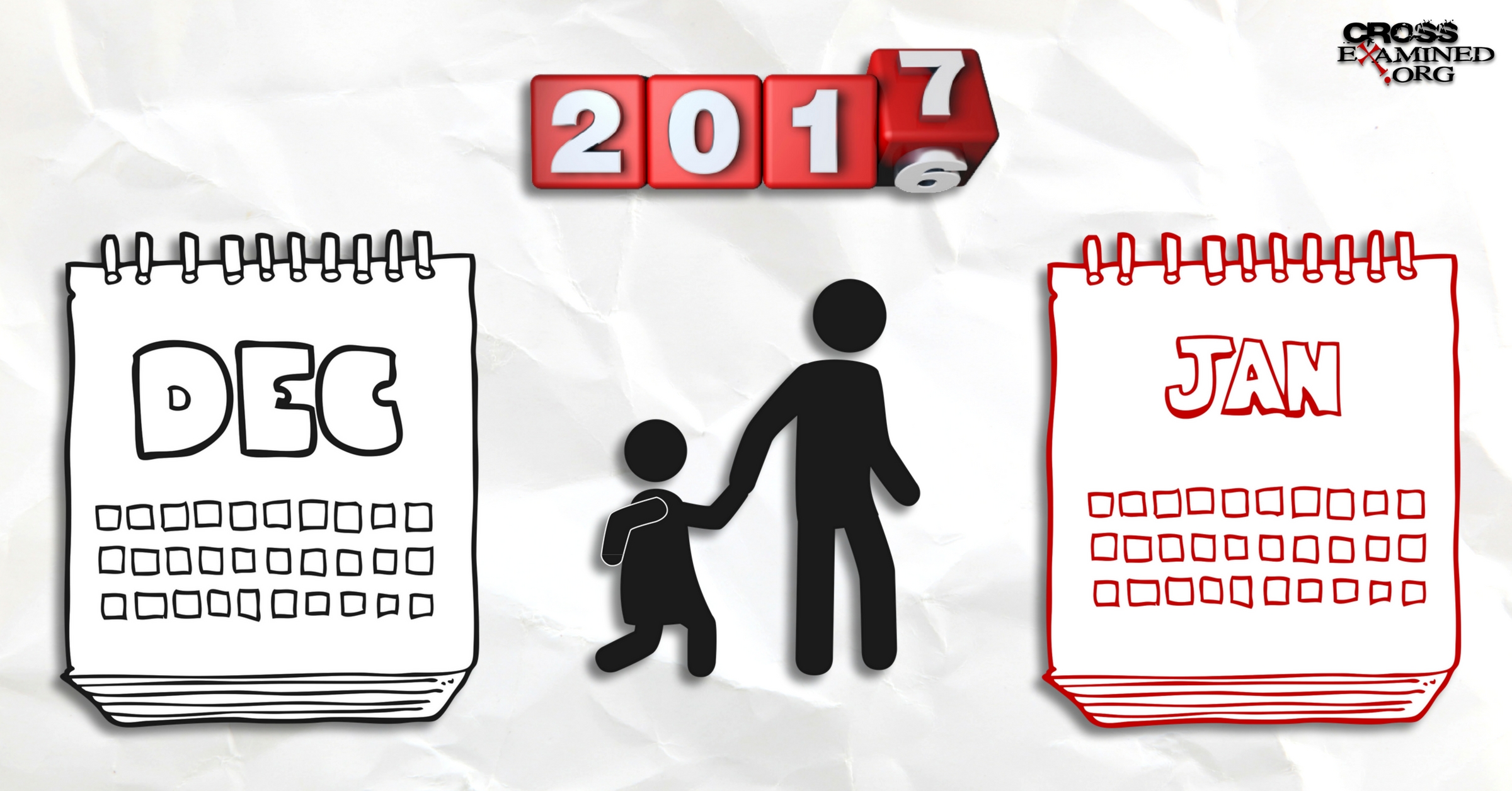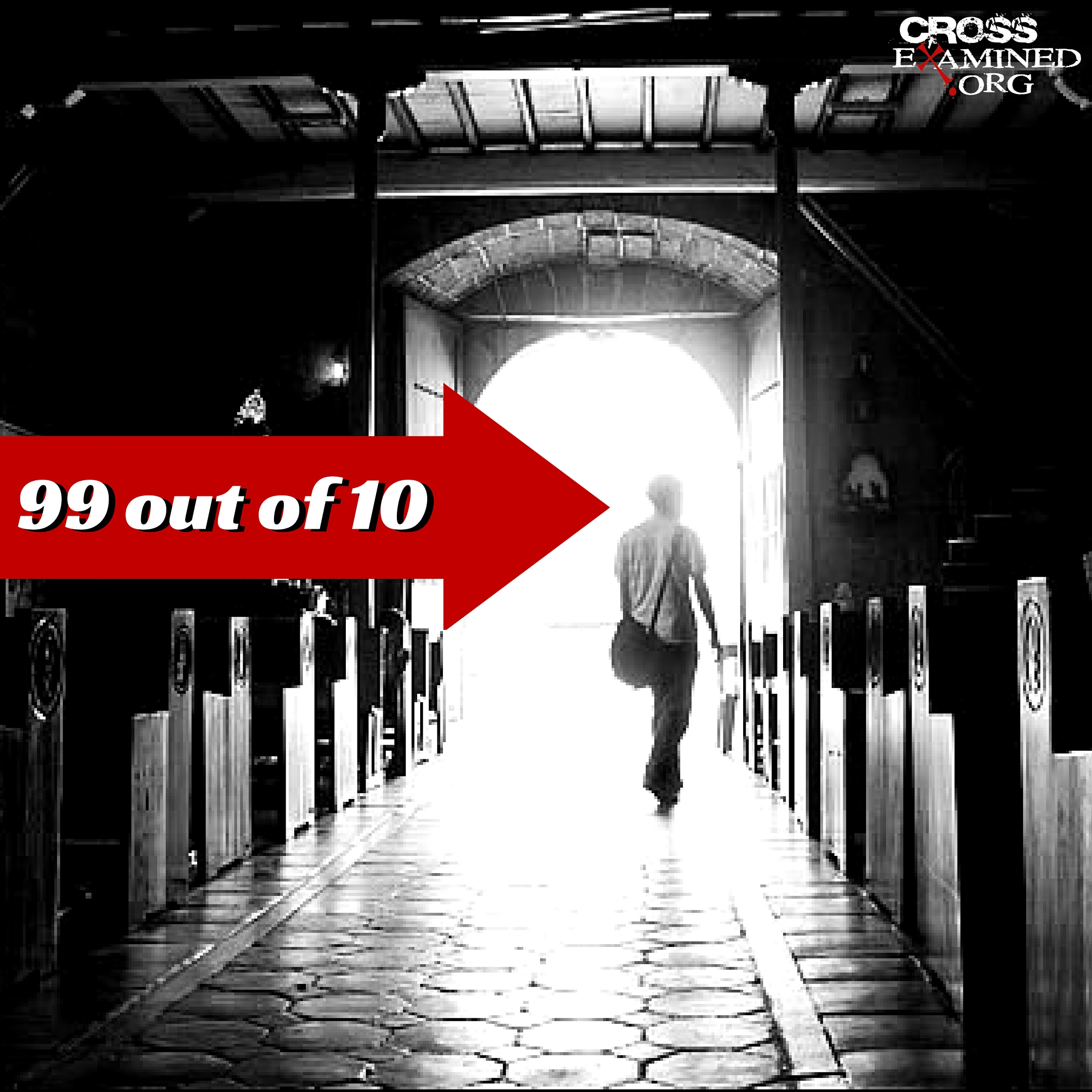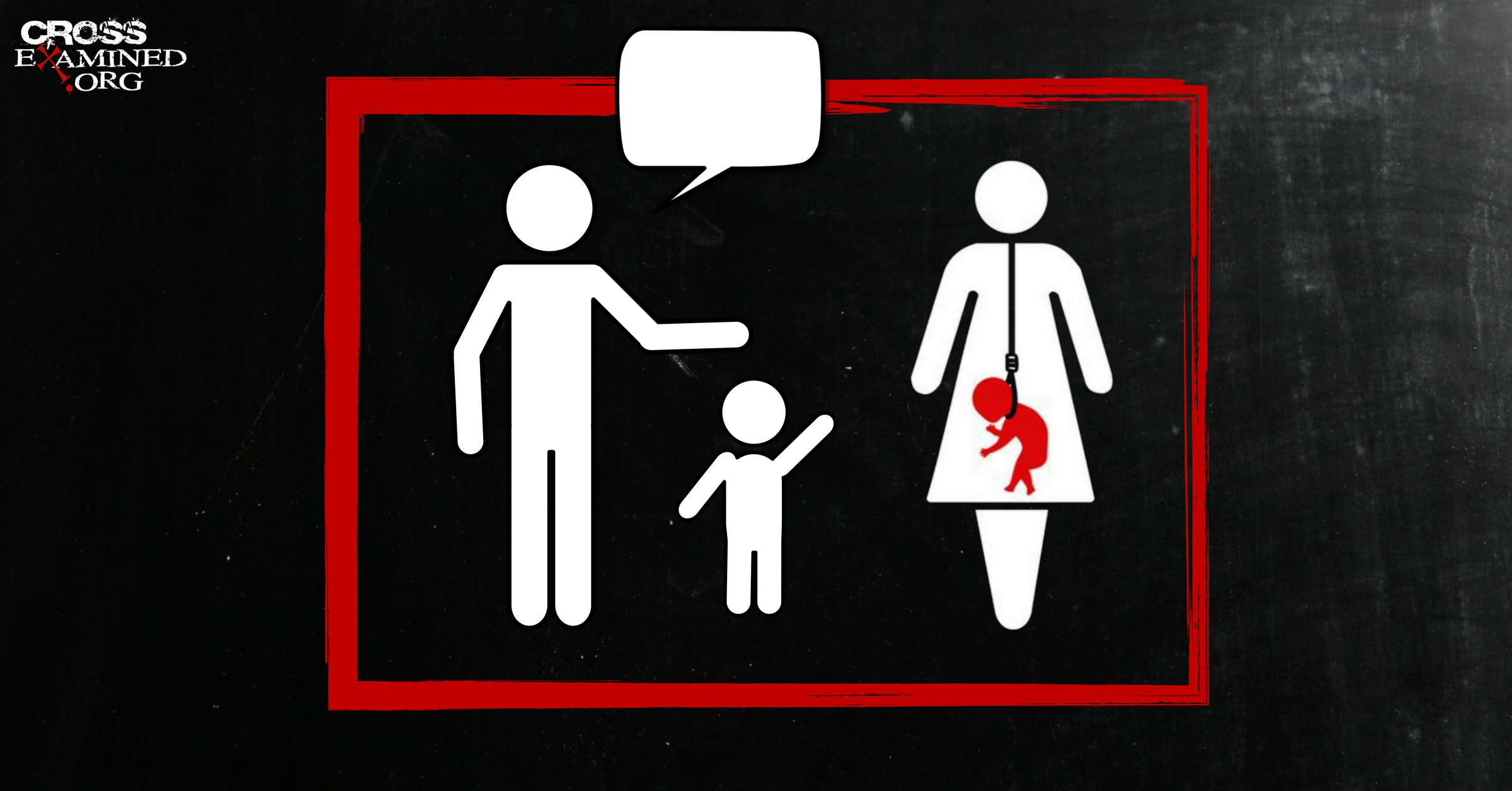5 Attitude Changes That Will Transform Your Christian Parenting in the New Year
It’s been a few weeks since I’ve been able to write a post because my nose has been buried in writing my new book (if you’re new to the blog or missed what I’m working on, you can read about it here!). My deadline is March 1, so my ability to write new blog posts will continue to be sporadic for the next couple of months, but then I’ll be back to writing more regularly again…and I can’t wait. Writing the new book has brought so many important subjects to mind for the blog!
In the meantime, I did want to end the year with a post on New Year’s resolutions. I’ve always been a person who loves setting goals, but I’ve noticed that I set fewer and fewer goals as years go by. It’s easy to get complacent and set in our ways, isn’t it?
One of the reasons I think it’s so hard to actually reach the goals we set is that successful changes in behavior require corresponding changes in underlying attitudes. For example, I’ve been trying to stop biting my nails since I was 15. It’s never happened. The problem isn’t that I can’t physically reach that goal; It’s that, deep down, I’ve never truly believed that this is an important problem that really needs my attention.
Despite the importance of our underlying attitudes in reaching goals, we rarely think of goals in terms of attitudes. So, rather than writing a post about New Year’s goals framed in terms of behavior, I’m writing a post about important attitude shifts we should aim to make.
With that in mind, here are 5 important attitude changes that can truly transform how we disciple our kids. For each one, I’m also giving an example of a behavioral resolution—an action point. But rest assured that unless we first take the attitude changes to heart, those behavioral resolutions will quickly fall by the wayside.
ATTITUDE CHANGE #1
From: The Bible is important.
To: The Bible is so important, I need to read it with my kids regularly—and if I don’t, their spiritual development will be significantly compromised.
As Christians, it should go without saying that the Bible is important. We shouldn’t give ourselves a congratulatory pat on the back for such a belief. But it’s what we do with that belief that will really impact our kids’ spiritual lives. Don’t think for a second that simply paying lip service to the importance of God’s Word will ignite your kids’ interest in it. Without a strong foundation of how to read the Bible, what the Bible says, and why it matters, kids won’t learn how to depend on the source guide for their faith. Instead, they’ll learn to depend on what other people tell them about Christianity.
That’s very dangerous in a world saturated with false information.
So, if you don’t currently read the Bible with your kids, make this the year to start. And don’t depend on devotionals as a substitute—they can be a helpful addition to your family’s spiritual life, but they should never be the starting point.
Behavioral resolution: Pick a Gospel (Matthew, Mark, Luke, or John) and commit to reading one or two chapters per week with your kids (decide on the number of chapters based on how much information your kids are able to take in on a given night). For example, you could decide to read the book of John two nights per week over ten weeks. After that, pick another Gospel, or choose one of Paul’s epistles.
ATTITUDE CHANGE #2
From: My kids’ bad behavior will dictate how much time and energy I can spend on their spiritual development.
To: The time and energy I spend on my kids’ spiritual development will have nothing to do with how bad they’re being at any given time.
This is not a conscious attitude for most parents…we don’t set out to let our kids’ bad behavior drive anything. But it sure is easy to let it happen, right? This is something I noticed in my own home this year. I struggled a lot with the constant fighting between my two daughters, which often left me with less than zero energy by the end of the day. They would be mad at each other, or mad at me, or I would be mad at them…and, honestly, the last thing I felt like doing was making the effort on those nights to switch gears and bring it back to God.
But when we start relegating our kids’ spiritual development to the small (who am I kidding…tiny) slivers of time when everyone is in a good mood and feeling like sitting down to discuss what really matters in life, we’ll never make headway. Because it’s so easy to fall into this trap, it’s critical to 1) be aware of the danger and 2) put a plan in place to avoid it (see below).
Behavioral resolution: There’s one key way to support this attitude change—schedule family spiritual time. Start with finding a set time of just 30 minutes to put on the calendar each week. Kids might fight it at first, but over time, if you’re consistent, it will become something your family just expects. And having it planned will help you not succumb to parental fatigue (as long as you don’t cancel it!). This is a great way to do your Bible reading (point 1).
ATTITUDE CHANGE #3
From: I’ll talk to my kids about faith whenever good teachable moments arise.
To: I’ll proactively determine what to teach my kids about faith and when.
In case you’re behind on popular parenting lingo, a “teachable moment” is when you use an unplanned event to teach your kids about something. Taking advantage of such times is important. But if this is your primary strategy for teaching your kids about Christianity, it’s one of the most ineffective parenting attitudes you can have.
There’s a simple reason for that: Not everything your kids need to be taught will have a corresponding moment naturally arise. In my book, Keeping Your Kids on God’s Side, I chose 40 of the most important faith conversations parents need to have with their kids in a secular world. Maybe 10 of them would naturally come up in conversation. But when was the last time you saw a brilliant opportunity naturally arise for addressing whether or not the Bible supports slavery? Or whether or not Christianity is responsible for millions of deaths in history? Or how a loving God could command the killing of the Canaanites? Or what the historical facts of the resurrection that most scholars agree on are?
Yet all of these are highly important conversations to have, given the challenges our kids will hear from skeptics today. It’s our responsibility to know what conversations need to be had and to proactively have them. We can’t just wait around for a corresponding teachable moment to happen.
Behavioral resolution: Pick one faith topic each week to have a conversation about with your kids. If you have my book, this will be easy. Read/review a chapter each week yourself (just 4-5 pages), then ask your kids a corresponding question to facilitate conversation. You could have one night per week (e.g., Sunday) where you spend 30 minutes with your Bible reading time and another night per week (e.g., Wednesday) where you do these discussions. Alternatively, you could do your faith discussion over dinner on a given night of the week, or on your commute to school if it’s long enough.
ATTITUDE CHANGE #4
From: I need to work on my kids’ (collective) spiritual development.
To: I need to tailor my discipleship to the needs of each of my kids.
If you have more than one child, it’s tempting to mentally merge them into a single discipleship “target”—We are the parental unit (the disciplers) and they are the children unit (the disciples). The problem is, just as in non-spiritual matters, every child is unique in his or her needs. We shouldn’t effectively make our home into a one-size-fits-all church program. Kids are ready for and interested in different areas of faith development at different times.
This is where I think devotionals can be a good supplement to the other things you do as a family (the above points). If you’re doing set times for Bible reading and faith conversations as a family, you can choose devotional books to use with your kids individually on other nights. Just be sure to really spend time looking at the ones you pick, as many have very little “meat” and are hardly better than 365 lessons on being a nice person. (In the 5- to 8-year-old range, I’ve found Max Lucado’s Grace for the Moment to be simple but solid. For about 7- to 10-year-olds, I’ve really liked The One Year Every Day Devotions: Devotions to Help you Stand Strong. No devotional is perfect, but I at least feel comfortable recommending these.)
Behavioral resolution: Write down three areas where you think each of your kids most needs to grow spiritually this year (Prayer? Learning to read the Bible independently? Understanding the basics of the faith? Studying apologetics? etc.). Then ask each child to write down three areas of their own. Compare your lists and decide on a final list of three goals for the year together. Make an action of plan of what you’ll do to work on those goals.
ATTITUDE CHANGE #5
From: I want to pass on my faith.
To: I want to help my kids develop their own faith.
While it’s common for parents to say they want to “pass on” their faith, it’s not necessarily a good way to think of our role in our kids’ spiritual lives. We have to remember that what we experience with God can never be exported to our kids; It’s unique to us.
I think one of the biggest reasons so many kids turn away from faith when they leave home is that parents spent too much time trying to pass on their own faith rather than helping their kids develop their own.
This attitude change will fundamentally alter how you think of your role as a Christian parent. It’s a lens through which to view all that you do. Are you continually just trying to express what you believe and what you do with that belief? Or are you teaching your kids why there’s good reason to believe Christianity is objectively true—why anyone should believe it? Changing our perspective on what, exactly, it is that we should be doing as Christian parents can make all the difference in the world.
Behavioral resolution: Reflect on how you currently see your job as a Christian parent, and the difference between passing on your faith and helping your kids develop their own. Commit to either beginning or continuing a study of an apologetics topic of interest (for those new to the blog, apologetics is the study of how to make a case for and defend the truth of Christianity). Need a reading plan? I’ve got a bunch for you: Click here.
Which of these attitude changes do you feel you most need to make next year? Share your thoughts below!












Leave a Reply
Want to join the discussion?Feel free to contribute!